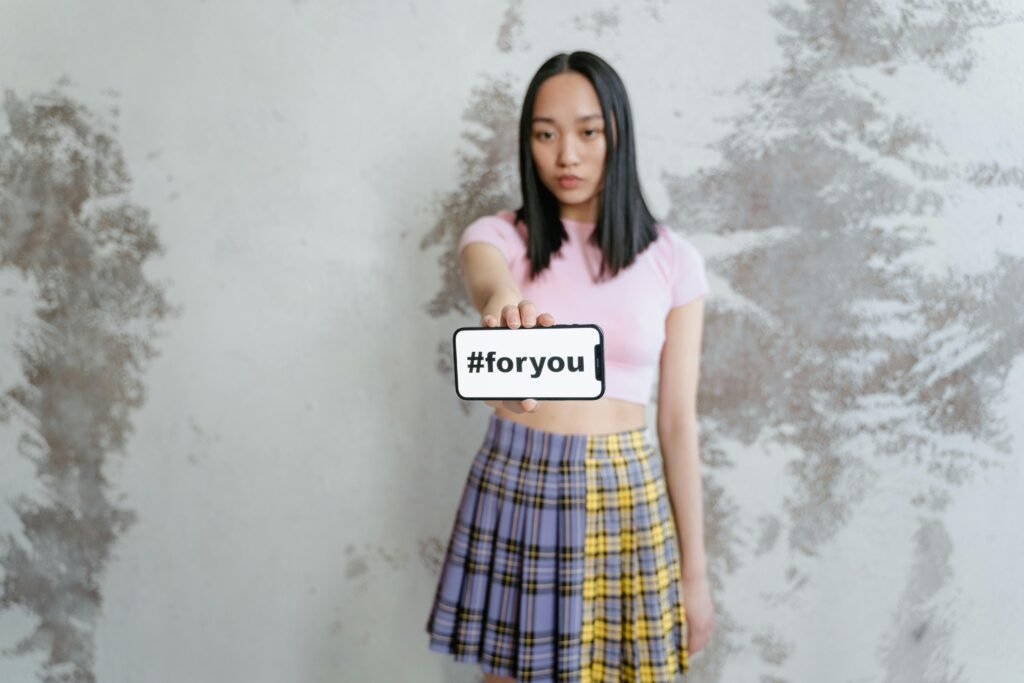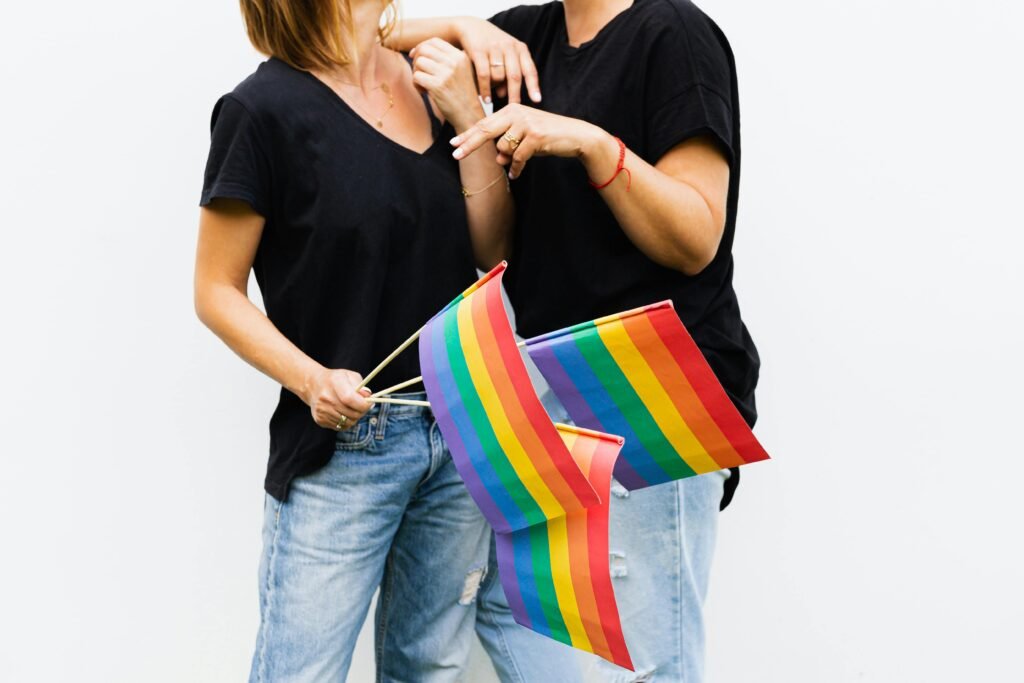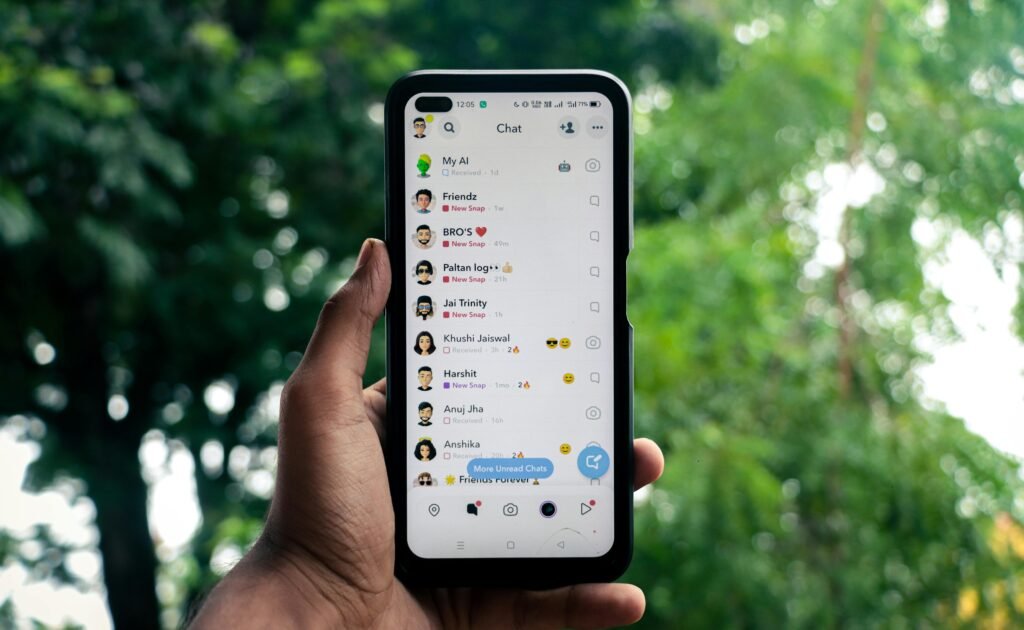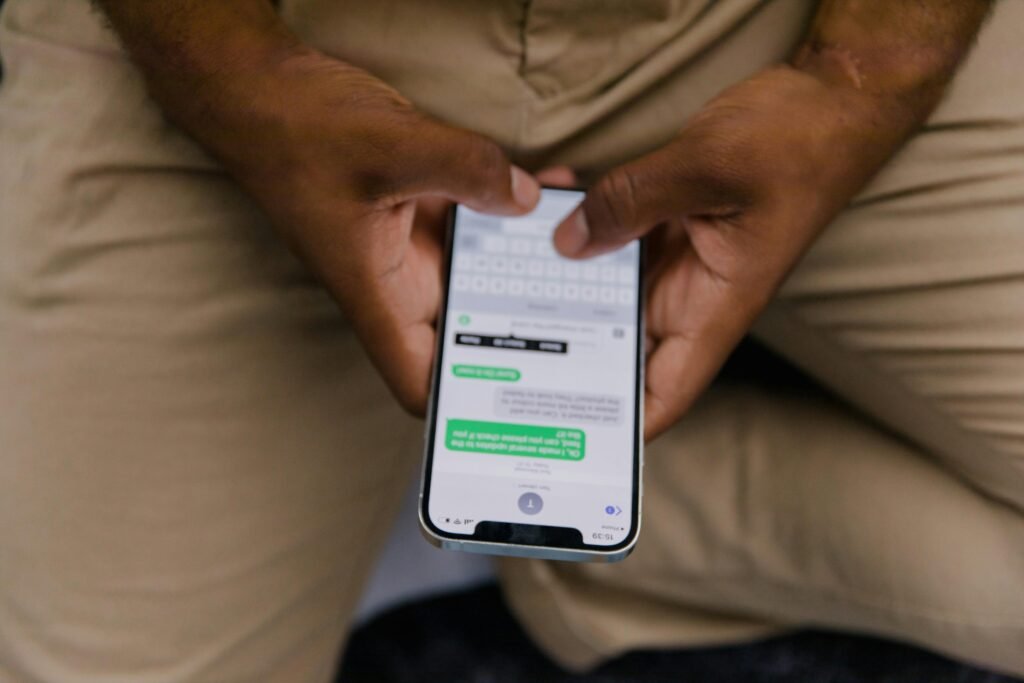
Introduction to Online Humor Challenges
Navigating online humor ain’t as easy as it used to be. A joke about “being too humble” or bragging about a win can blow up in your face real quick.
The whole scene is just so sensitive now.
One comment meant to be funny can suddenly turn into a huge issue.
That’s the thing about social media backlash humor; it’s unpredictable and can spread like wildfire.
Everyone’s got different backgrounds and ways of seeing things.
So, a joke that’s hilarious to one person might be offensive to another.
Imagine making a light joke about your achievements, and before you know it, folks think you’re bragging.
Or you crack a joke about how “humble” you are, and people accuse you of being fake.
It’s a delicate balance, and the room for error is tiny.
Think about it, online spaces bring together a massive mix of people.
What seems harmless to you might be read differently by someone from a different background or culture.
It’s like trying to tell a joke in a room full of strangers; you can’t be sure how they’ll take it.
This is where social media gets tricky.
Everyone’s interpretation of humor is colored by their own experiences, and misunderstandings are just a part of the package.
One second, you’re trying to be funny, and the next, you’re defending yourself against a wave of criticism.
The rise of social media has definitely amplified this.
It’s not just about being funny anymore; it’s about being smart and aware of how your humor can be received.
There’s a thin line between a playful jab and a misstep that gets blown out of proportion.
Social media doesn’t do you any favors either.
Without tone and facial expressions, jokes lose a lot of their context.
What you mean as a light-hearted comment can come off as boastful or insincere.
And let’s not even get started on the speed at which things can spiral.
One comment can go viral, and before you know it, you’re in the middle of a full-blown controversy.
So, yeah, online humor is a tightrope walk.
You gotta be mindful, considerate, and always think twice before hitting that post button.
Understanding Social Media Sensitivity

Social media’s got everyone in one big virtual room, and that means a ton of different perspectives clashing together.
This diversity is great, but it also means that jokes can get misread easily.
This shows how much thought has to go into what we say and post.
Everyone’s experiences shape how they read into humor.
What seems like a harmless joke to one person can hit someone else the wrong way. Imagine trying to be funny about a personal win or joking about your own humility, only to find out others see it as arrogant or fake.
With 84% of LGBTQ adults noting inadequate protections against discrimination on social media, it’s clear that sensitivity isn’t just nice to have, it’s crucial.
One big issue is the lack of tone and body language online.
In person, people can see your expressions and hear your voice, which helps them get the joke.
Online, all that nuance disappears, making it easier for things to be misread.
So, it’s a good idea to be extra clear and considerate with humor online.
The speed at which things spread online also ramps up the stakes.
One poorly received joke can blow up overnight, making it essential to think before posting.
Diverse audiences mean diverse reactions, and sometimes what you intended just doesn’t land the way you hoped.
When humor goes wrong, it can quickly escalate into backlash, especially if people feel disrespected or misrepresented.
Social media’s sensitivity landscape keeps changing, pushing everyone to be more thoughtful about their posts.
Humility Jokes: False Modesty Risks

Humility jokes can be a real minefield on social media.
You might think you’re being funny by downplaying your achievements with a line like “I’m just too humble,” but others might not see it that way.
What you meant as self deprecation can quickly be read as false modesty.
People might think you’re using the joke to fish for compliments or to show off in a roundabout way.
The tricky part is that online, there’s no tone of voice or facial expression to help convey your true intent.
All people see are the words on the screen, and those can be easy to misread.
What seems like a harmless joke about humility can come off as insincere or even condescending.
This misinterpretation can lead to a backlash, where people call you out for being fake or boastful.
The online world is super diverse, and everyone brings their own experiences and perspectives to the table.
What one person sees as a joke, another might see as arrogance.
It’s like telling a joke to a room full of people from different backgrounds; someone’s bound to take it the wrong way.
And once that happens, things can escalate quickly.
Social media also has this way of amplifying everything.
A joke that might get a chuckle in a private conversation can blow up into a big deal online.
People start sharing it, commenting on it, and before you know it, you’re dealing with a wave of criticism.
So, if you’re gonna make a humility joke, it’s essential to be extra cautious.
Think about how it might be received by people who don’t know you or your sense of humor.
Being aware of the risks can help you navigate the tricky landscape of social media humor without stepping on any toes.
Pride Jokes: The Line Between Confidence and Boastfulness

Pride jokes can be a real tightrope walk.
You think you’re just sharing a moment of personal achievement, but it can easily be seen as you boasting.
Online, where there’s no tone of voice or facial expressions, it’s even trickier.
A joke meant to show a bit of confidence can come off as downright arrogant.
Context matters a lot here. In person, you can read the room and adjust your delivery.
Online, all people see are the words, and those words can be taken in a bunch of different ways.
A comment like “I’m pretty proud of myself” might sound fine to you, but to someone else, it could sound like you’re bragging. And once it’s out there, you can’t control how people interpret it.
For example, let’s say you post something like, “Just nailed that presentation, guess I’m kind of a big deal now.”
To some, it’s a light hearted joke.
To others, it’s you being full of yourself.
It’s all about perspective, and with social media, you’re dealing with a lot of different perspectives at once.
Another tricky part is that people often share these posts without the original context.
Someone might see your pride joke shared by a friend who added their own comment, which changes the whole vibe.
Suddenly, what was meant to be a small, proud moment is blowing up in ways you never expected.
Humor is subjective, and pride jokes can rub people the wrong way.
You might just be trying to celebrate a win, but others could see it as you being too self important.
This can lead to a backlash where people start calling you out for being arrogant.
Think about how quickly things can spiral online.
One minute, you’re joking about a personal success, and the next, you’re dealing with comments accusing you of being boastful.
It’s easy for things to get out of hand, especially with how fast things spread on social media.
So, when you’re making pride jokes online, it’s essential to be aware of how they might come across.
A little bit of pride is fine, but there’s a thin line between that and coming off as too full of yourself.
Keeping this in mind can help you navigate the tricky world of social media humor.
Balancing Humor with Awareness

Balancing humor on social media is all about being smart and aware.
You gotta remember that a joke can land differently depending on who’s reading it.
Online platforms bring together all sorts of people with different experiences, so a joke that seems harmless to you could hit someone else the wrong way.
This is especially true for marginalized groups.
This means it’s crucial to think about the potential impact of what you’re posting.
A good rule of thumb is to consider the cultural backgrounds of your audience.
Tailor your jokes to the context and be ready for feedback.
Humor is subjective, and what makes one person laugh might offend another.
This isn’t about walking on eggshells but about being considerate.
54% of LGBTQ+ respondents have faced severe harassment, so a bit of thoughtfulness goes a long way in making your humor more inclusive.
Context matters a lot. In real life, you can read the room and see how people react to your jokes, adjusting as you go.
Online, you’re dealing with a faceless crowd.
The same joke can be seen in countless ways because people add their own interpretations.
So, it’s better to be clear and straightforward, especially when joking about sensitive topics like humility and pride.
Also, the speed at which things spread online is crazy.
One joke can go viral, and before you know it, you’re dealing with all sorts of reactions.
To avoid getting caught up in a backlash, think twice about how your words might be taken.
It’s not just about what you find funny; it’s about how others might see it too.
Social media’s a tricky place for humor.
The lack of tone and facial expressions means jokes can easily be misunderstood.
It’s all too common for a joke to spiral into something much bigger, especially if people feel offended or misrepresented.
Be mindful of this when crafting your jokes.
It helps to ask yourself how your joke might come across to someone who doesn’t know you or your sense of humor.
Learning from Backlash: Evolving Online Humor

Public figures often find themselves in the hot seat when their jokes don’t land well on social media.
This kind of backlash can be harsh, but it also offers a chance to learn and adapt.
Some celebs and influencers use these moments as learning experiences to tweak their approach.
After getting called out, they might issue apologies, engage with critics, and adjust their comedic style to be more inclusive and sensitive.
When someone famous makes a joke that backfires, it can spread like wildfire, leading to a flood of comments and reactions.
This can be overwhelming, but it also forces them to take a step back and consider why their joke didn’t land as intended.
It’s a tough but valuable lesson in understanding the diverse audience they’re speaking to.
Engaging with critics can be a game changer.
Instead of getting defensive, some public figures choose to listen and learn.
They open up dialogues with those who were offended and try to understand their perspectives.
This can lead to more thoughtful and considerate humor in the future.
It’s about growing and adapting to be better and more aware of the diverse world we live in.
Apologies play a big role too. A sincere apology can go a long way in mending fences.
When a joke offends people, acknowledging the mistake and saying sorry shows humility and a willingness to learn.
This can help rebuild trust and respect with their audience.
Platforms like Instagram, Facebook, and Twitter have their part to play as well.
The way these platforms handle backlash can set the tone for how humor evolves online.
By creating safer and more inclusive spaces, they can help foster a more thoughtful and respectful approach to online humor.
Public figures who navigate backlash effectively often come out stronger.
They learn to craft their jokes in ways that are funny without being hurtful.
This kind of growth not only benefits them but also sets a positive example for their followers.
It shows that it’s possible to be funny and considerate at the same time.
So, while social media backlash can be brutal, it also offers a silver lining. It pushes everyone; public figures and everyday users alike, to be more mindful of how their humor is received.
By learning from these experiences, we can all contribute to a more positive and inclusive online space.
Conclusion: The Future of Humor in Social Media

Looking ahead, it’s clear that humor on social media will need to be more thoughtful and inclusive.
The digital space brings together folks from all walks of life, so a joke that might be funny to one person could be offensive to another.
This means users need to be more aware of how their humor lands across different audiences.
The rise of social media has shown just how quickly things can spiral out of control.
A single joke can go viral in minutes, and not always in a good way.
This instant feedback loop pushes everyone to be more mindful about what they post.
It’s not just about being funny; it’s about being considerate and aware of how others might perceive your humor.
As users, we have a role to play in shaping the future of online humor.
It’s about finding that balance between being funny and being respectful.
It’s okay to share a laugh, but it’s also important to think about the impact of our words.
The more we consider the diverse perspectives of our audience, the better our humor will be received.
Social media platforms also have a part to play.
By creating safer and more inclusive environments, they can help users navigate the tricky landscape of online humor.
Clear guidelines and policies can make a big difference in how humor is perceived and shared.
When platforms take steps to protect marginalized communities, it sets a positive tone for everyone.
Public figures and influencers are often at the forefront of this evolution.
When their jokes miss the mark, they have the chance to learn and adapt.
By engaging with their audience and listening to feedback, they can grow and improve their comedic style.
This not only benefits them but also sets a good example for their followers.
In the end, the future of humor on social media looks promising if we all take steps to be more mindful.
By being aware of the diverse world we live in and considering how our jokes might be received, we can create a more positive and inclusive online space.
It’s about making humor a force for good, bringing people together rather than pushing them apart.
So, let’s embrace this challenge and use humor to build bridges, not barriers.
With a bit of thoughtfulness and consideration, we can all contribute to a better, more inclusive social media landscape.
